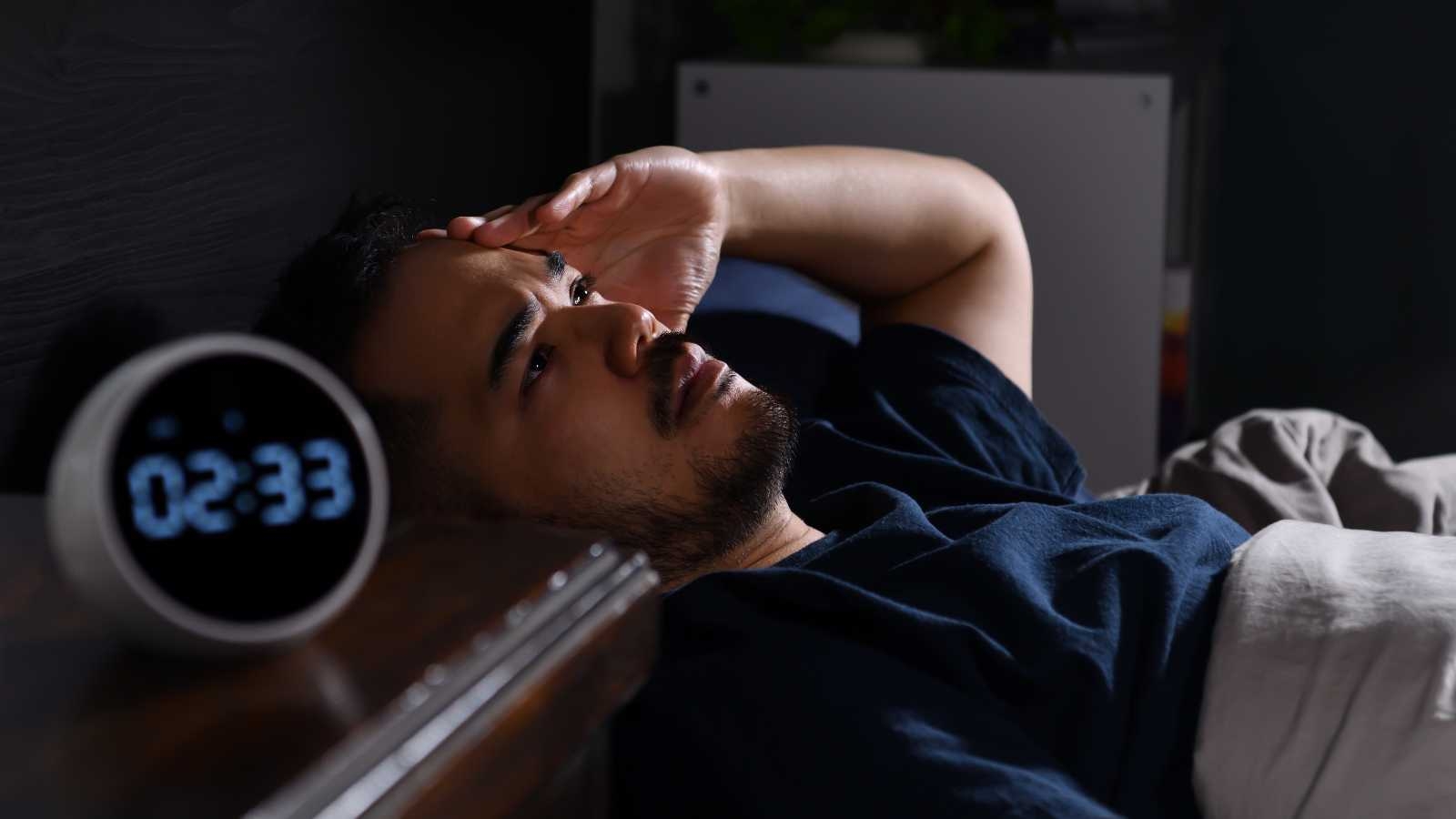Frequent insomnia may be a warning sign of health problems. Getting enough sleep is an important factor for a healthy life. People need different amounts of sleep depending on their age. For adults, we should get about 7-8 hours of sleep per night to be sufficient. However, there are many factors that can make some people’s sleep quality worse. Insomnia is a problem that many people are facing without knowing the cause or how to fix it. If insomnia is left untreated for a long time, it can have serious negative effects on the body. What are the factors? Follow this article.
What causes insomnia?
Before we look at how insomnia affects the body, let’s look at the factors that cause insomnia. In fact, insomnia can be caused by many factors, which we can divide into 7 sub-types as follows:
- Problems with an unsuitable bedroom environment, such as loud noises, excessive lighting, or excessively hot or cold weather, can make it difficult to fall asleep.
- Have symptoms of illness such as stomachache, body aches, sleep disorders, respiratory problems, etc.
- Have accumulated stress, anxiety, or depression.
- Drinking alcohol, caffeinated beverages, smoking, or taking certain medications can interfere with sleep.
- Having an empty stomach, causing hunger in the middle of the night, or being too full, causing a feeling of bloating in the middle of the night.
- Have sleep problems such as sleepwalking, nightmares, or habitual insomnia.
- Going to bed and waking up at irregular times, especially for people whose jobs require constant changes in sleep schedule or who work shifts, such as nurses and security guards.
Moreover, for men who have insomnia, it may be the result of a more serious disease, which is benign prostatic hypertrophy. Benign prostatic hypertrophy is a condition in which the male prostate gland is abnormally large, causing it to squeeze the urethra and narrow it, resulting in abnormalities in urination, such as incomplete urination, frequent urination, pain during urination, or blood in the urine. These symptoms will affect sleep, causing insufficient sleep or poor quality sleep.
How many types of insomnia are there?
Insomnia or Insomnia can be divided into 3 types according to the characteristics of insomnia:
- Initial insomnia is when the patient takes a long time to fall asleep, which may be related to anxiety.
- Maintinance insomnia is when the patient cannot sleep for a long time and wakes up frequently while sleeping, which may be the result of other physical problems such as sleep apnea.
- Terminal insomnia is when the patient wakes up earlier than they should, which may be found in patients with insomnia caused by depression.
In addition, the types of insomnia can also be divided according to the duration of the disease. It can be divided into 2 groups:
- Adjustment insomnia (Adjustment insomnia) is a condition in which patients often have sudden insomnia symptoms in response to changing situations, such as stress, anxiety, or environmental changes. However, when these factors disappear, patients with insomnia may recover normally.
- Chronic insomnia (chronic insomnia) Patients with this type of insomnia are those who have insomnia at least 3 times a week and have been for at least 3 months. If anyone has symptoms like this, they should not ignore it. It is recommended to see a specialist doctor to find a solution.
Insomnia has adverse effects on the body. What symptoms should you see a doctor for?
If you are experiencing frequent insomnia to the point where it becomes a problem and starts to have negative effects on your body, try to observe yourself and see a doctor immediately to find a solution in time. However, patients with insomnia will have the following symptoms:
- Fatigue, lack of energy
- Lack of concentration at work, memory changes
- Decreased ability to work
- Upset, easily irritated, restless
- Frequent daytime drowsiness
- Lack of energy to live, feeling dull
- Worried about sleep problems
Serious illnesses that often come with insomnia
Insomnia is no joke. Most people think that insomnia can go away on its own, so they don’t consult a doctor to find a solution. But did you know that chronic insomnia can have many negative effects on our health, both mental and physical health problems? It can cause problems such as memory and learning decline, depression, anxiety, irritability, behavioral problems such as hyperactivity or aggression. In addition, chronic insomnia can also lead to other diseases, such as:
- Heart disease
- High blood pressure
- Diabetes
- Dementia
- Stroke
- Excessive daytime sleepiness
- Decreased sexual performance
- Obesity
- Weight gain
How to solve and behave if you can’t sleep
As you can see, insomnia has many negative effects on the body. To treat insomnia, we can start easily by changing our behavior to create good hygiene in sleeping, such as going to bed and waking up on time regularly, creating a quiet bedroom atmosphere that is not too hot or too cold, avoiding playing with phones or the internet before going to bed, exercising regularly, etc.
However, if we try to change our behavior and it doesn’t work, don’t be complacent. You should consult a specialist for timely treatment. Consult us at EEU CLINIC. We are experts who are ready to provide advice on Health and Well-being for men and women. We also provide a variety of alternative treatments, such as Thai traditional medicine, natural therapy, alternative medicine, etc. If you are having health problems, consult us immediately. We have specialist doctors ready to advise you willingly.


